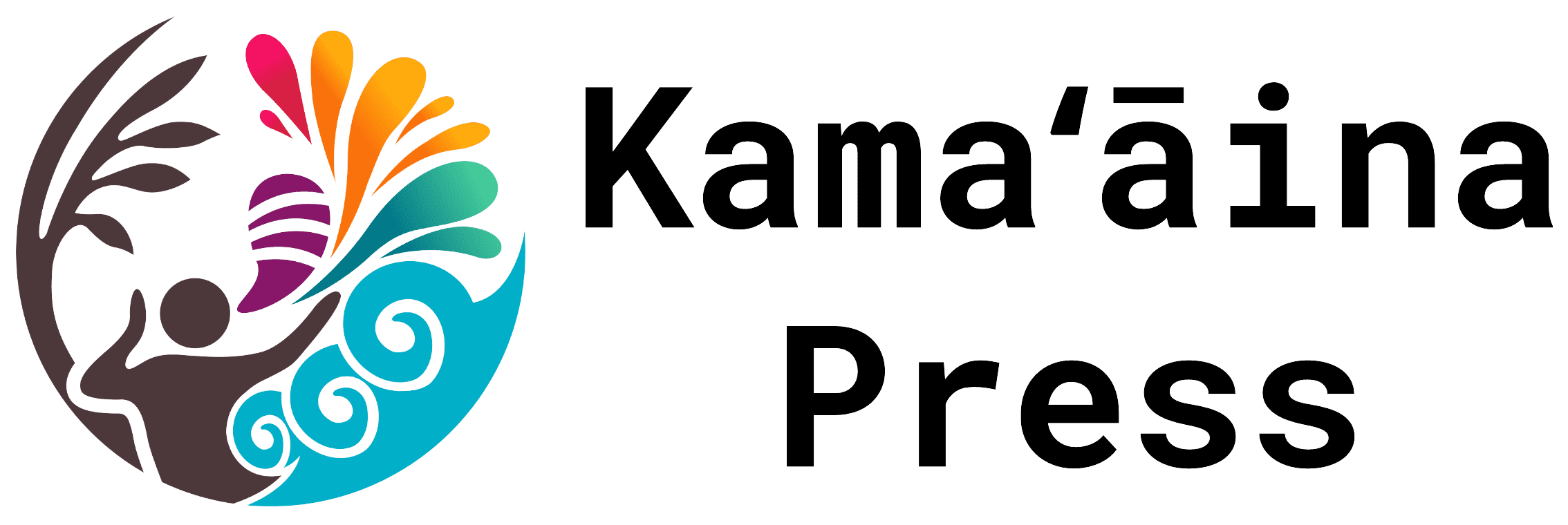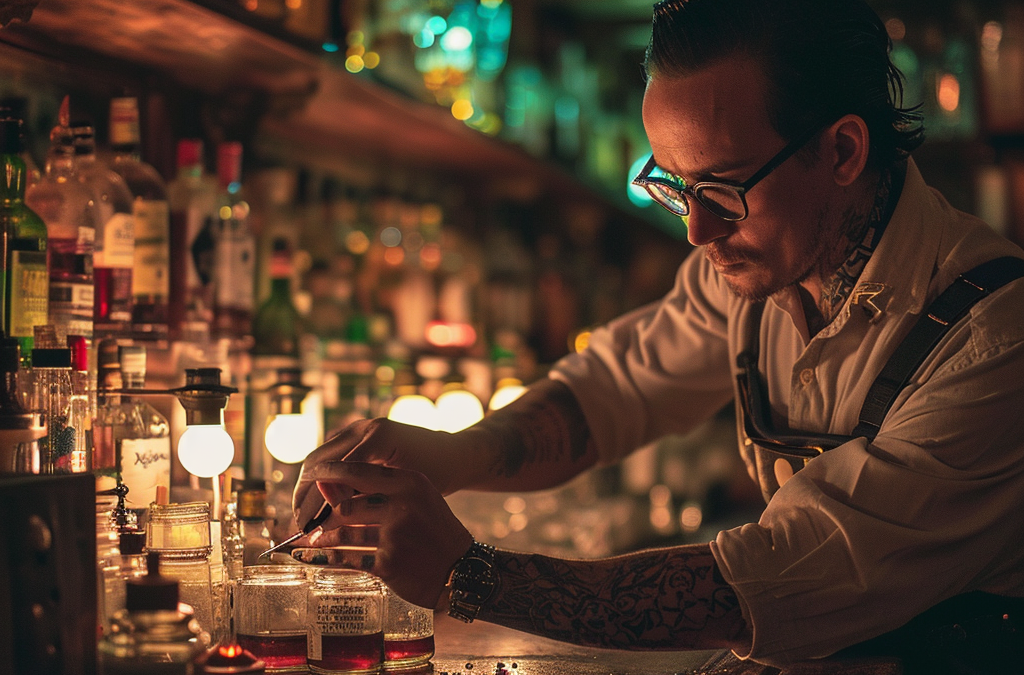In a groundbreaking move, Honolulu has become the first major U.S. city to mandate the presence of naloxone, an opioid overdose-reversal drug, in its bars, nightclubs, and restaurants. Effective January 1, this new requirement applies to approximately 869 alcohol-serving establishments in the city.
This legislation, known as Bill 28, was signed into law by Mayor Rick Blangiardi on July 25. It was introduced by Council member Tyler Dos Santos-Tam following a tragic mass overdose incident in June at the Outrigger Reef Waikiki Beach Resort, which resulted in two deaths and three hospitalizations due to fentanyl.
The push for this law was strengthened by the alarming increase in opioid-related overdoses in Honolulu. Statistics from the Hawaii Department of Health (DOH) reveal a staggering 500% rise in such overdoses, escalating from 59 deaths between August 2017 and August 2018 to 274 deaths in 2020.
Naloxone, commonly known as Narcan, is a life-saving medication that can rapidly reverse the effects of an opioid overdose. This new law aligns with the broader U.S. efforts to combat the opioid epidemic, especially following the U.S. Food and Drug Administration’s approval of Narcan for over-the-counter sales.
The enforcement of this law falls under the jurisdiction of the Honolulu Liquor Commission. Establishments found non-compliant, specifically those without naloxone on the premises, could face a fine of up to $200. The Liquor Commission, despite facing issues like understaffing and policy scrutiny, is responsible for ensuring adherence to this new requirement.
To support the implementation of this law, the Honolulu Liquor Commission, in collaboration with the state Department of Health and the Hawaii Health and Harm Reduction Center (H3RC), has provided free Narcan doses to residents. This initiative is funded partly by Hawaii’s share of a national settlement involving pharmaceutical companies implicated in the opioid crisis. Hawaii received $78 million from this settlement, with about $7.25 million allocated to Oahu for this purpose.
The response from local business owners has been supportive. Robbie Baldwin, owner of Scarlet Honolulu, a nightclub in Chinatown, endorsed the law, acknowledging the reality of overdoses in such venues and the necessity of preventative measures.
This initiative by Honolulu is not just a local measure but a significant step in the larger battle against the opioid crisis in the United States. By requiring naloxone in bars and nightclubs, the city is setting a precedent for other cities to follow, potentially leading to a broader adoption of such lifesaving measures nationwide.

